Devon C. Ford is a leading voice in post-apocalyptic and science fiction, known for stories that balance realism, emotion, and relentless tension. Drawing on his background in public service, he brings an authentic understanding of humanity at its best and worst, creating worlds that feel both extraordinary and deeply believable.
In this interview, he shares his thoughts on writing, worldbuilding, and Nation Down, delving into what it takes to craft characters who are as flawed and human as they are formidable.
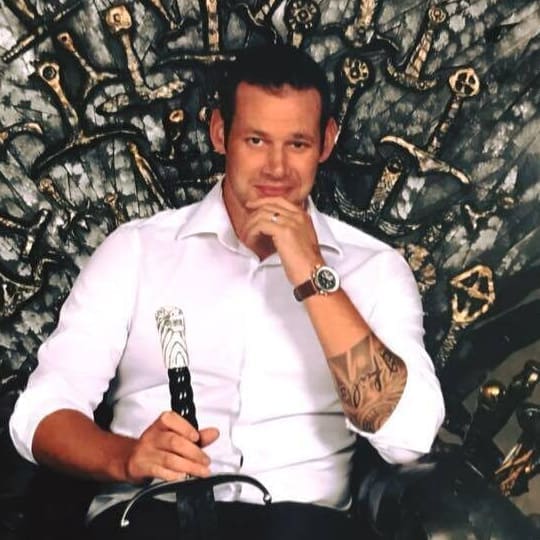
Nation Down introduces a brand-new post-apocalyptic landscape. Can you walk us through the world of Enclave? We’d love to hear how it came to be, how it operates, and what sets it apart from the settings of your earlier series?
Enclave is the first in the series that slowly unveils a world taken over by the undead. Set in North America, the story begins months after the outbreak where survivors live inside walled enclaves designed and built to withstand the new enemy. The narrative is that the military and the government are in control, that there is a plan, but most survivors are just happy to go along with the promise that one day they’ll reclaim their home. This differs from much of my other post-apocalyptic work because the main character isn’t a trained soldier. He’s a normal man with a skill that set him up with a good job, and events beyond his control throw his life into chaos that he can’t resist chasing.
Life inside the enclaves is shaped by fear, scarcity, and leadership under pressure. Which aspects of day-to-day existence did you want to highlight most, such as governance, survival skills, morale, or something else entirely?
The primary subtext the Nation Down is that people are often too willing and eager to trust leadership. So many of the survivors want to be told what to do next or where to go, and they simply want the assurance that others will do the hard work to keep them safe. I never politicize or deliver a manifesto through my writing, but in much of the world there will be readers who will connect to that sentiment at the moment.
Your previous series have featured different types of apocalyptic and post-apocalyptic scenarios. How did your prior experience shape the worldbuilding and narrative choices for Nation Down?
My prior experiences—from my career in policing and prisons before writing—shaped the character interactions more than the plot. Sadly, I saw extremes of what people are capable of doing to one another for little or no provocation, but very occasionally I witnessed unquestioning acts of heroism and selflessness. I try to capture both ends of the spectrum of humanity in my writing.
Characters are tested in extreme situations. How do you balance intense action with emotional depth, ensuring that readers stay invested in Rob and the other survivors?
I let the characters guide me. That might sound very hippy and bohemian, but the way I write is more instinctive than planned. I have a rough idea of the story, but often entire series spring from one scene I played out in my head and nurtured to become more. For every series I write (14 different series in 2025) there must be seven failed attempts where ideas were generated and fizzled out after 10-30k words. When I write, I let the characters decide what happens based on their core values and experiences, so whatever that “person” would do dictates what I write. Hopefully that sense of realism carries through to make an enjoyable story.
Which of your previous series most influenced the approach you took with Nation Down?
After It Happened, without a doubt. My first work written over ten years ago was limited in scope—both in action and geography—by where it was based. With Nation Down being set in the USA, both the size of the country and the scope of the resources give me so many more toys to play with. In a country that has multiple time zones and weather systems ranging from blizzards to tropical storms, the possibilities are endless.
What’s the one piece of fan feedback that has stuck with you the most?
There have been many, but more than one reader has contacted me to say how one of my series got them through a particularly hard time. It’s honestly humbling to know that the mess inside my head, the stories I made up, could help another person cope with extreme adversity and I’m grateful for the chance to make those small differences.
Do you include Easter eggs in your books for fans to discover?
All the time! In my Wasteland series there are some not-so-subtle Hell Divers easter eggs nodding to Nicholas Sansbury Smith, and I’ve hinted at various other writers and their work. I love to hide puns, quotes and easter eggs in my work!
Are there any elements in your books drawn from personal experiences?
Too many, unfortunately. In a previous answer I explained how I’ve seen the very best and the very worst of human nature, and in the genre I primarily create provides many opportunities for characters to display their true nature. Perfectly normal, everyday people will become tyrants, just as quiet, often apparently meek people will demonstrate the capabilities of a peaceful person driven to action in defense of innocent people.
Is there a particular scene in one of your books that was especially fun (or hard) to write?
Quite a few but actually book 3 of Nation Down (Isolation) has one of the most brutal, gut-wrenching scenes I’ve ever written. No spoilers, but let’s just say if the logic of doing what’s necessary is the unstoppable force, then the emotional cost of doing what needs to be done is the immovable object.
Do you have a favorite non-human character from your stories?
Without a doubt, it has to be Ash from After It Happened. A German shepherd with an attitude, he completes that series’ main character in ways no human support ever can. Gator—the US Army Master Sergeant K9 from Nation Down—has to be a close second.
How do you choose which story idea to pursue next?
I don’t… I have little choice when it comes to what my brain wants to do next, which led me to a brief fiction-writing break recently to write a book about late-diagnosis neurodivergence (Error 404: Normal Not Found – coming soon), and I struggle massively with staying on track unless I get a deadline I can panic over. It’s not easy, but I’ve learned to chase the squirrels when they run because if I don’t, they’ll just continue to distract me and I’ll never get anything finished!
Have you ever considered writing a crossover with another author’s characters?
Yes, and I have done with Joshua Gayou when I was invited to write some of his Commune series (books 5&7). I’m a big consumer of post-apocalyptic fiction also, and as a fan of Nick Smith, Keith Blackmore, Joshua Gayou and others I’d love to see an After It Happened version in their voice.
What’s your favorite review you’ve ever received?
I love this question… an Amazon 1-star review once dubbed my work “It’s like violence porn for teenagers”. I was upset at this initially, and it’s one of the reasons I try to avoid reading reviews soon after launching new work, but it turned out to be a blessing. One man’s trash is another’s treasure couldn’t be more appropriate, because many people have told me they bought the book based on this review!
Do you see yourself in any of the characters you’ve created?
In some, yes. I think there are small elements of myself in a lot of people in the same way that Jurassic Park scientists inserted frog DNA to fill the gaps… The main characters I create often show similar traits to me, and I did this long before I understood what was different about my own brain. Rob Lewis, the main character in Nation Down, showcases how song lyrics are the trigger for a mental fireworks display and the inability not to crack a joke you just know is awful, but you can’t help yourself.
Get Ford’s amazing series, Nation of Down, available on Amazon
Stay safe and hide… Or fight.
Months after the outbreak the population of North America is clinging on inside enclaves built to withstand the relentless undead assault.
Cut off, isolated, living day by day, the survivors hide behind high walls hoping for the day they can take back the country and rebuild their lives. But the situation is far worse than those in charge are letting on.
When Rob Lewis’ dull existence is turned upside down by the arrival of one unexpected survivor, he must face a choice.
To stay behind the walls or leave the enclave in search of justice.
Don’t miss the start of a harrowing, new post-apocalyptic series by Devon C. Ford, the bestselling author of After it Happened. Featuring loads of grity, realistic action and terrifying enemies that will keep you up at night, this tale of survival is sure to be the next hit in the genre.

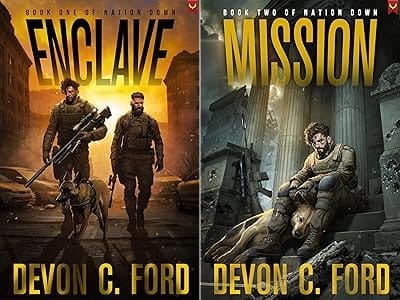

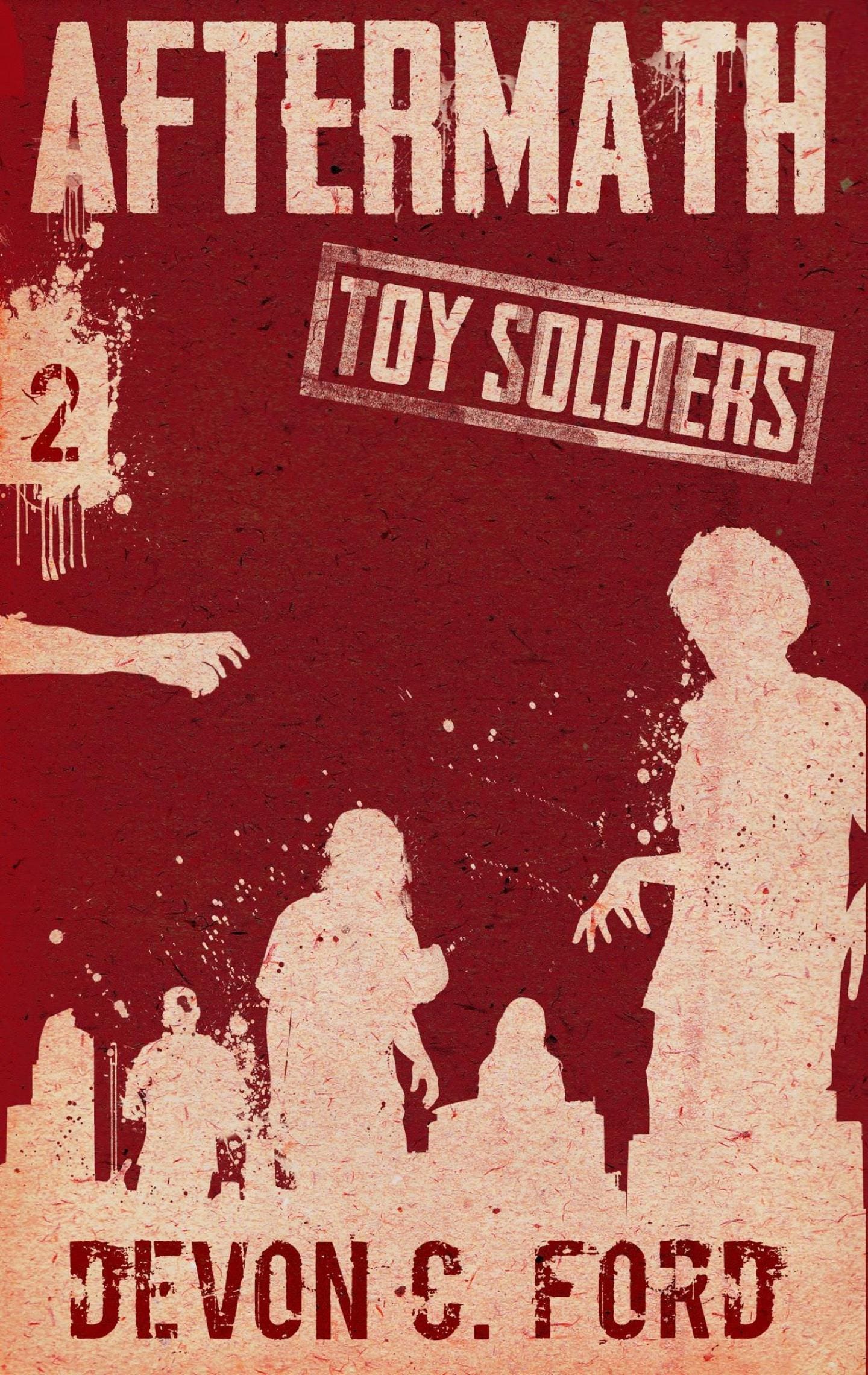
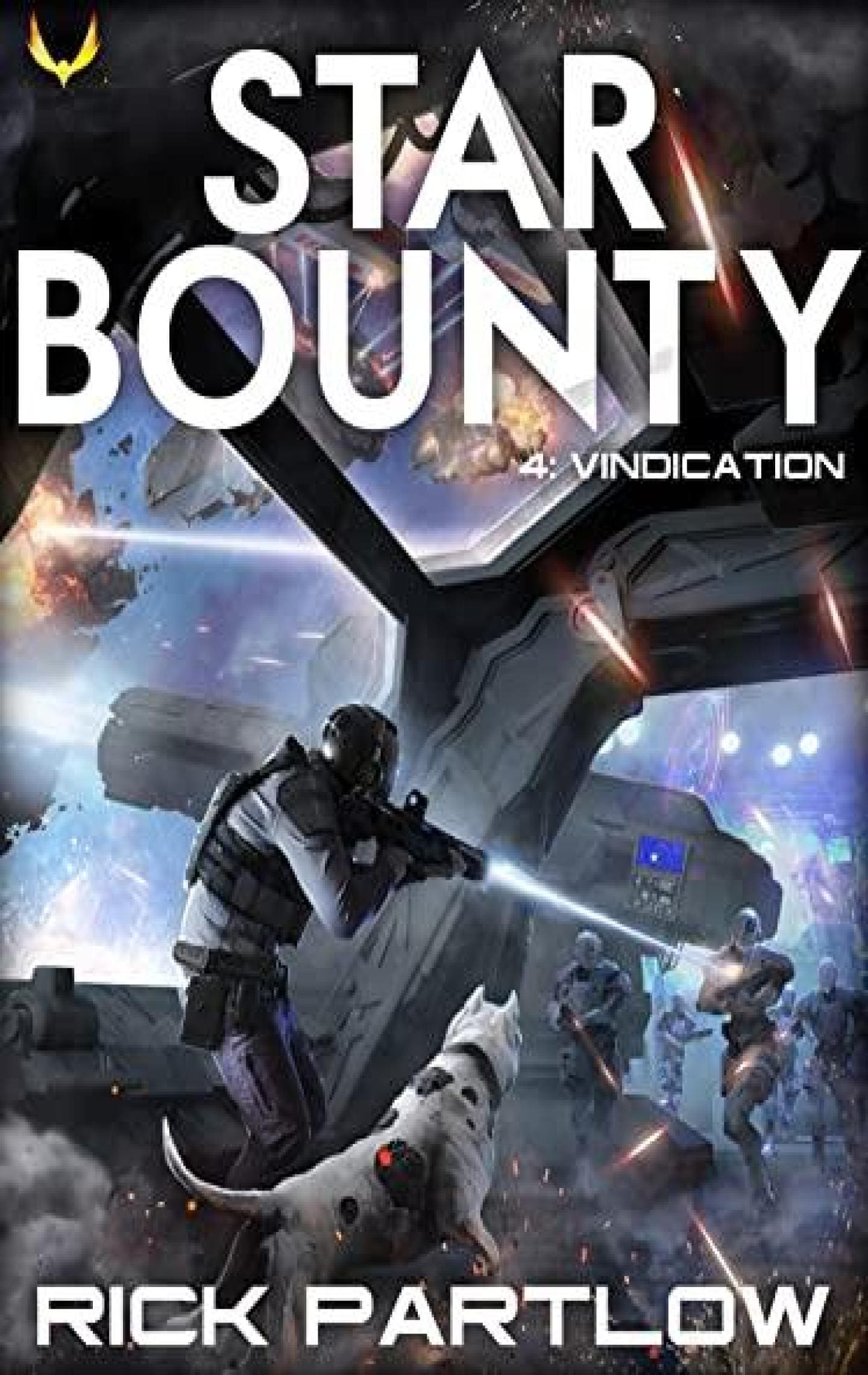
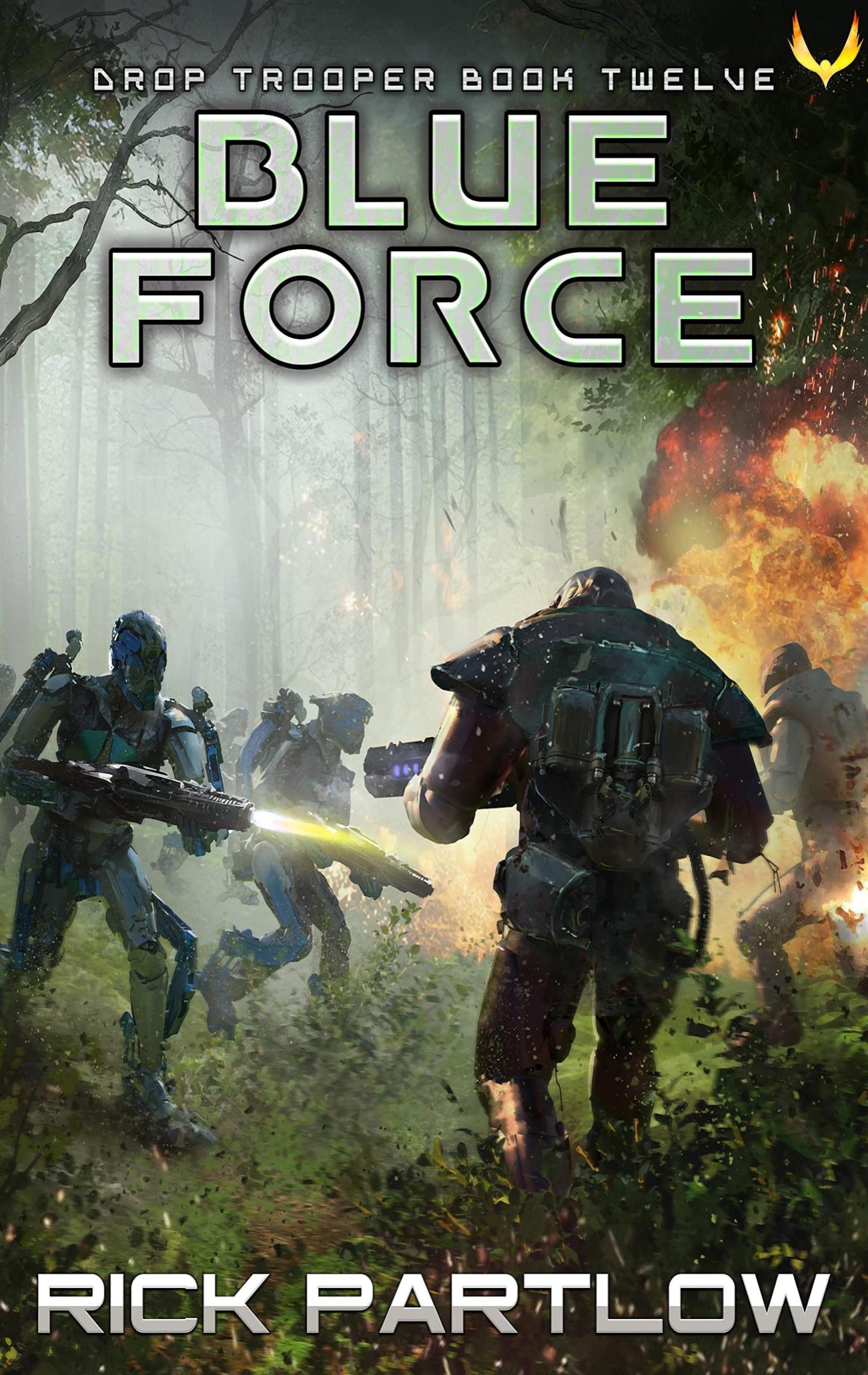
Leave a Reply